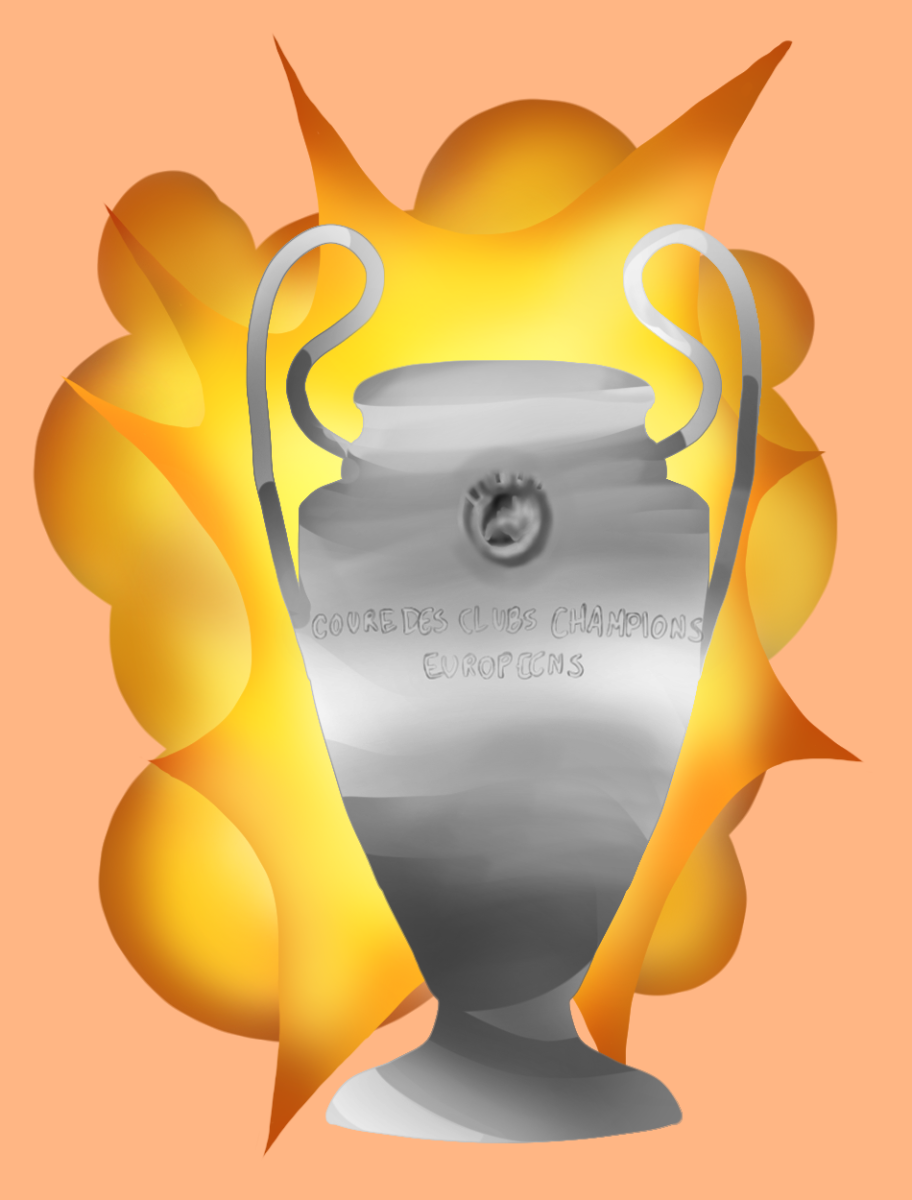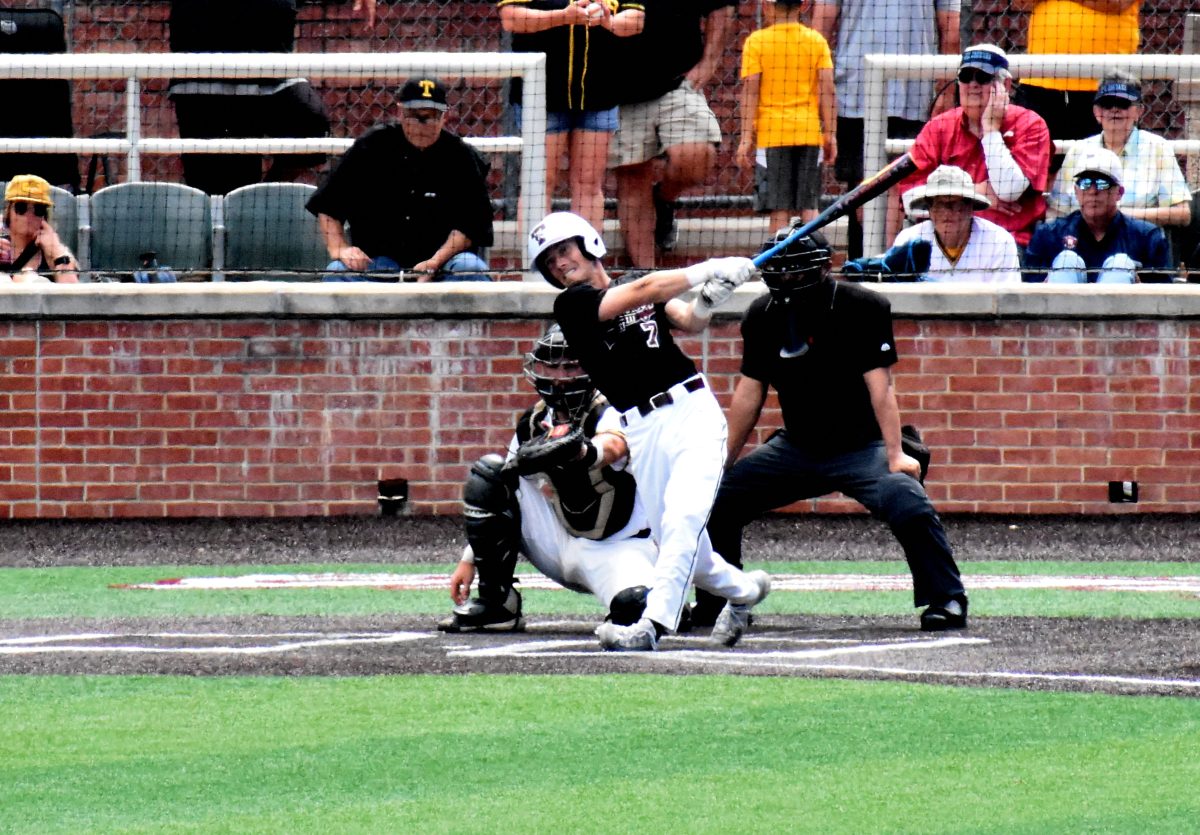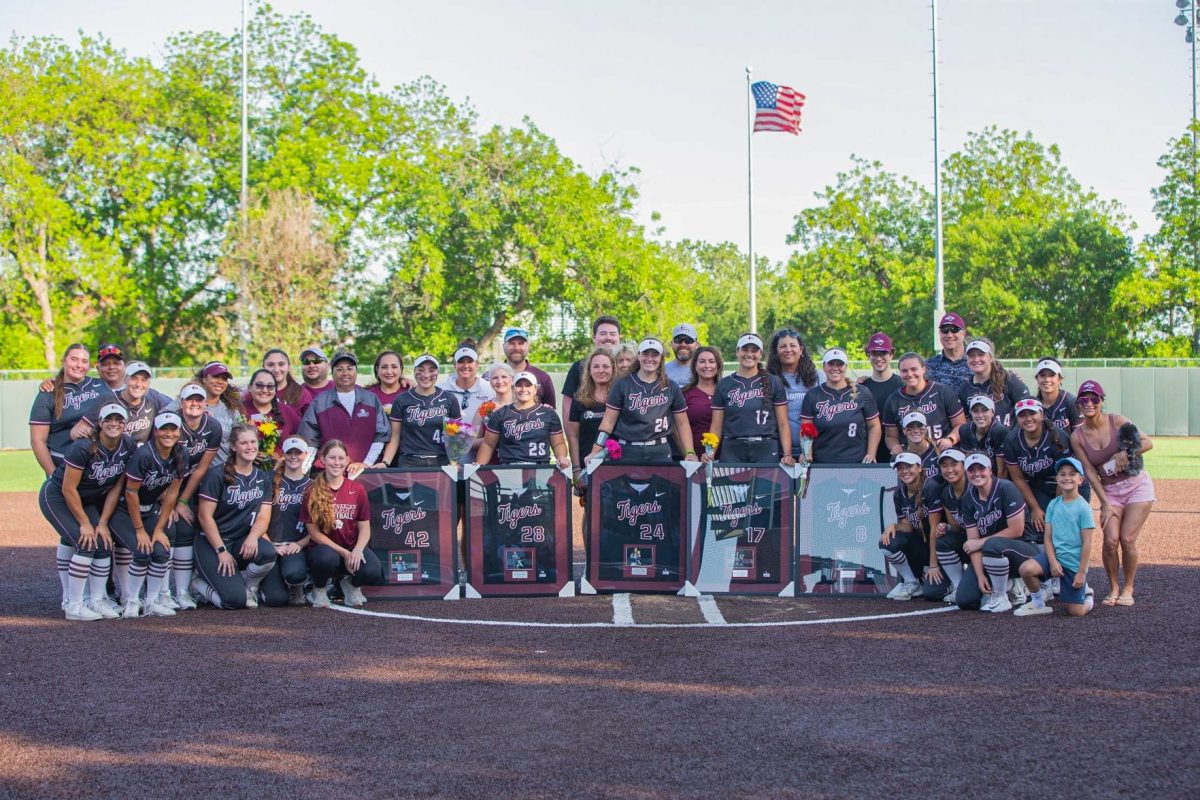The usage of performance-enhancing drugs (PEDs) and recreational drugs among athletes has been a controversial topic in sports for over two decades, and could prove to be an issue among professional and college athletes for years to come. This problem is not unique to any sport, as most are forced to deal with failed drug tests and subsequent suspensions on a regular basis. The NCAA and professional leagues have attempted to regulate the issue with strict drug testing, but many people are unaware of the fact that the protocol for collegiate drug testing differs from Division I, II and III.
The difference in the frequency and consequences of these drug tests vary greatly from Division I to Division III. In fact, there are many cases where a Division I athlete is tested four times in one year and a Division III athlete none. For example, one rule states that Division III athletes must be tested at Championship events “” a rule that is seldom followed. Sophomore Ozzie Veloz was a part of last year’s soccer team that reached the NCAA tournament.
“I was never tested. I’m not sure if anyone was, but I wasn’t. The coaches talked to us about what we can and can’t take, like protein and stuff, at the beginning of the season. But we never really talk about drug testing specifically,” Veloz said.
Drug testing is one of the only mechanisms, and quite possibly the most effective mechanism, installed to prevent people from using PEDs, thus sustaining the integrity of sport. But if it is not implemented effectively, people can cheat too easily.
Daniel Castano, a former Baylor University catcher who is currently a member of the St. Louis Cardinals minor league system, shared his perspective.
“At Baylor, we were tested about every two or three months. Maybe because there is more money in Division I sports, the NCAA puts more priority on drug testing. But still, in my opinion, PEDs should be illegal and I am glad they are because there is no use for them in the game,” Castano said.
Castano highlights the primary hindrance to successful drug testing “” money. Arguably the most significant reason Division III athletes are not drug tested efficiently is the cost. Drew Judson, a Division III student athlete at Hendrix College, discussed his drug testing experience.
“We never received a drug test last year. In fact, we have only been tested once since 2014, when I started school here. Our program was unable to afford it last year, so it didn’t happen. I think the coaches would have liked to do it, but it just was not in our budget,” Judson said.
Another hot-button topic regarding drugs in college athletics is marijuana. Marijuana has steadily become more socially acceptable and has increased in consumption over the last decade. This spread has permeated the world of athletics, with many athletes now utilizing it to ease mental pressure and physical pain. Marijuana legality is a gray area, being recreationally legal in multiple states despite being illegal under federal law. The overarching drug policies of the NCAA prohibit any usage.
“I don’t understand why certain recreational drugs are illegal because alcohol is legal, and some drugs are less dangerous than alcohol. But I guess since they’re illegal under the law, then athletes shouldn’t be doing them, so I understand that. I overall don’t think that drug testing for anything other than steroids is essential,” Castano said.
A similar view regarding recreational drug testing can be found in many locker rooms across the country.
“I think PEDs are banned for a reason because the game would not be fair but recreational drugs are a completely different issue. Smoking marijuana isn’t a big deal to some, while to others it seems like a terrible drug that prevents people from reaching of their potential,” Judson said.
Division III schools have tried pushing for more leniency on drug testing as recently as 2014 with regards to recreational drugs, but not PEDs. In 2014, Division III reduced its penalty for failed recreational drug tests, lessening the suspension of an athlete who fails a test from one year to half a year. In 2015, there was a push from many schools to completely abolish recreational drug testing at championship events. Their reasoning stems from the fact that testing hasn’t been an adequate deterrent of the usage of recreational drugs “” at least not over the past 30 years. Not to mention, college athletes who are penalized for recreational drug use lose eligibility, and are therefore more likely to drop out of school then the average college student. The Division III Management Council ultimately voted to keep testing. Only time will tell if the NCAA’s recreational drug testing system will change in response to social changes and impressive data gathered in support of marijuana as a pain-reliever and anti-stress drug. As external pressures mount, there is a chance the whole system could be shaken up in the near future.






